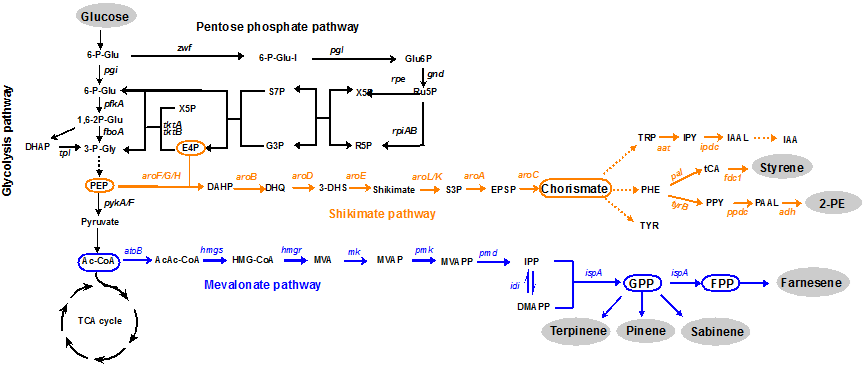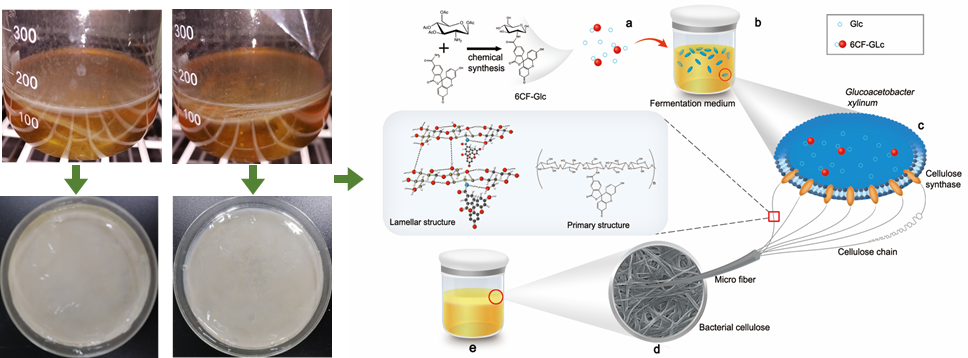


System Microbial Engineering Group was established in September 2020. The group focuse on the basic and application research of demand-oriented open fermentation. The research scope covers the fields of microorganisms, metabolic engineering, characterization and control of mixed bacteria succession, fermentation, etc., and products involve bio-based materials and chemicals, tobacco, etc. The group have received multiple project support from the National, Provincial Department of Science and Technology, China Tobacco Hainan Provincial Department, Chinese Academy of Sciences and Research Institutes. The research team currently has 17 staff and students, including 5 employees (4 doctors, 1 master) and 12 students (8 of whom are jointly trained). In 2020, the group was awarded the honorary title of "Youth in a Good Team" in Qingdao . In recent years, the group has published more than 70 papers in Nature Communications, Natural Product Reports and other magazines, and applied for 33 patents.



